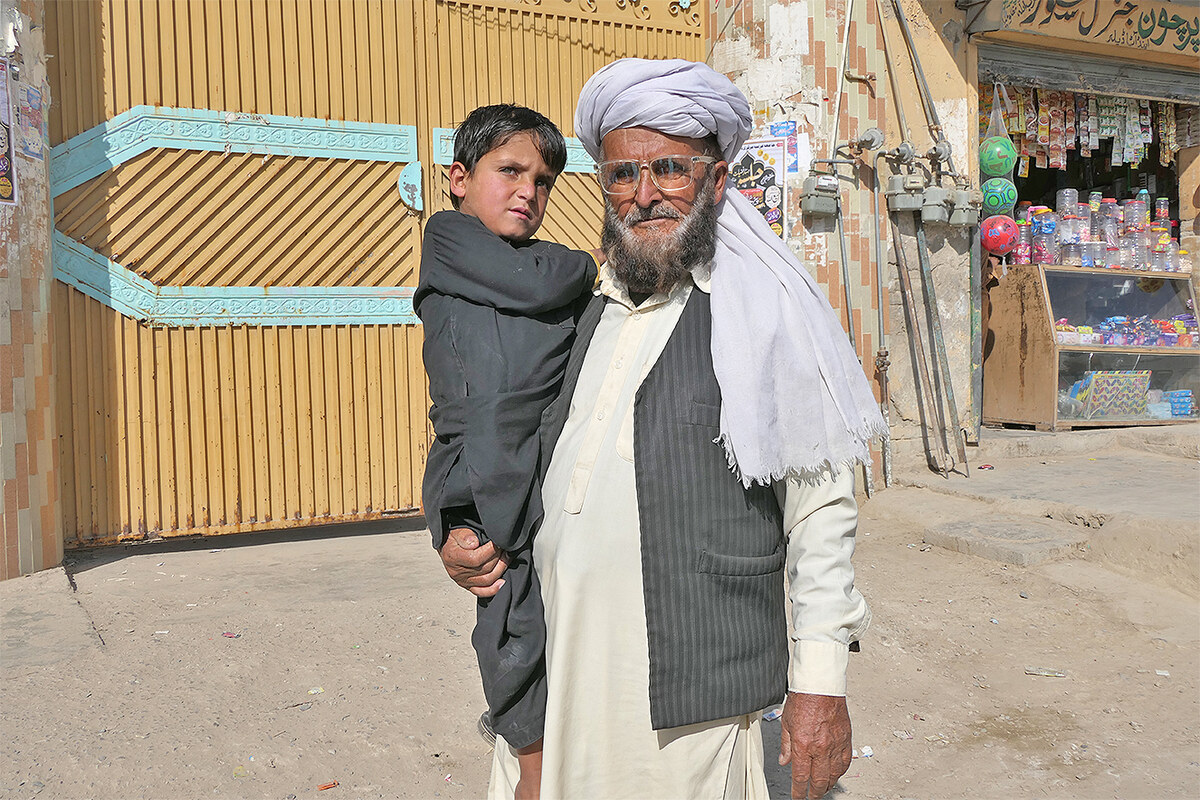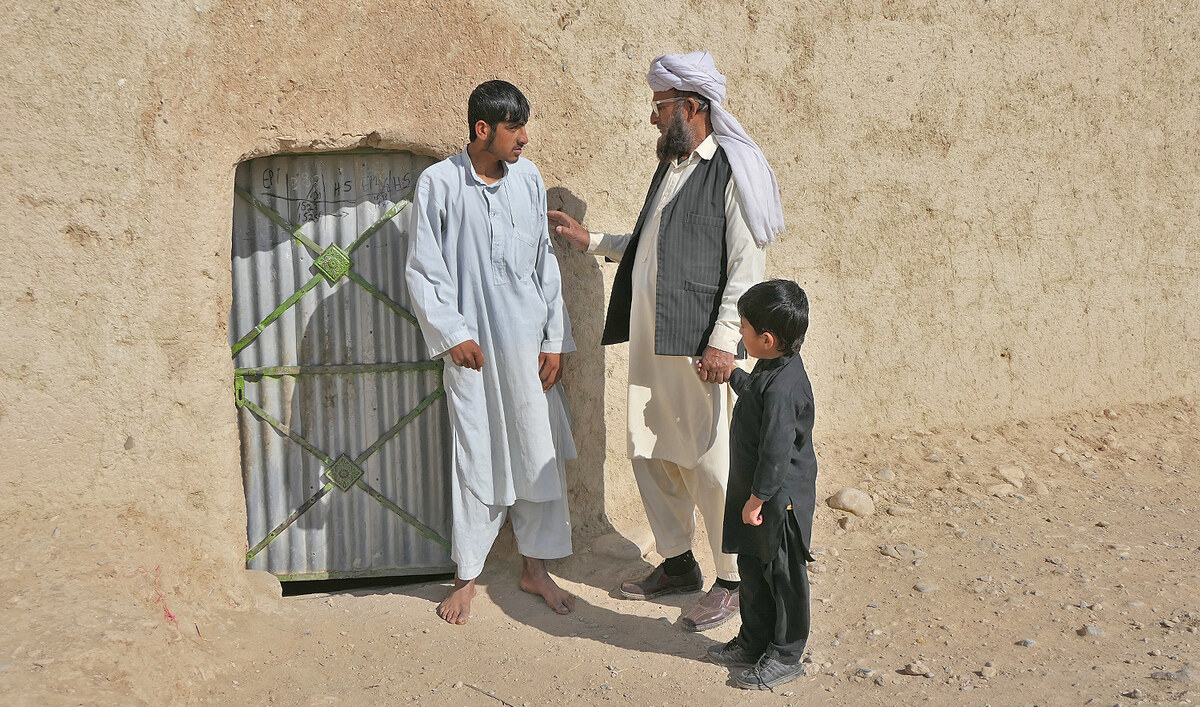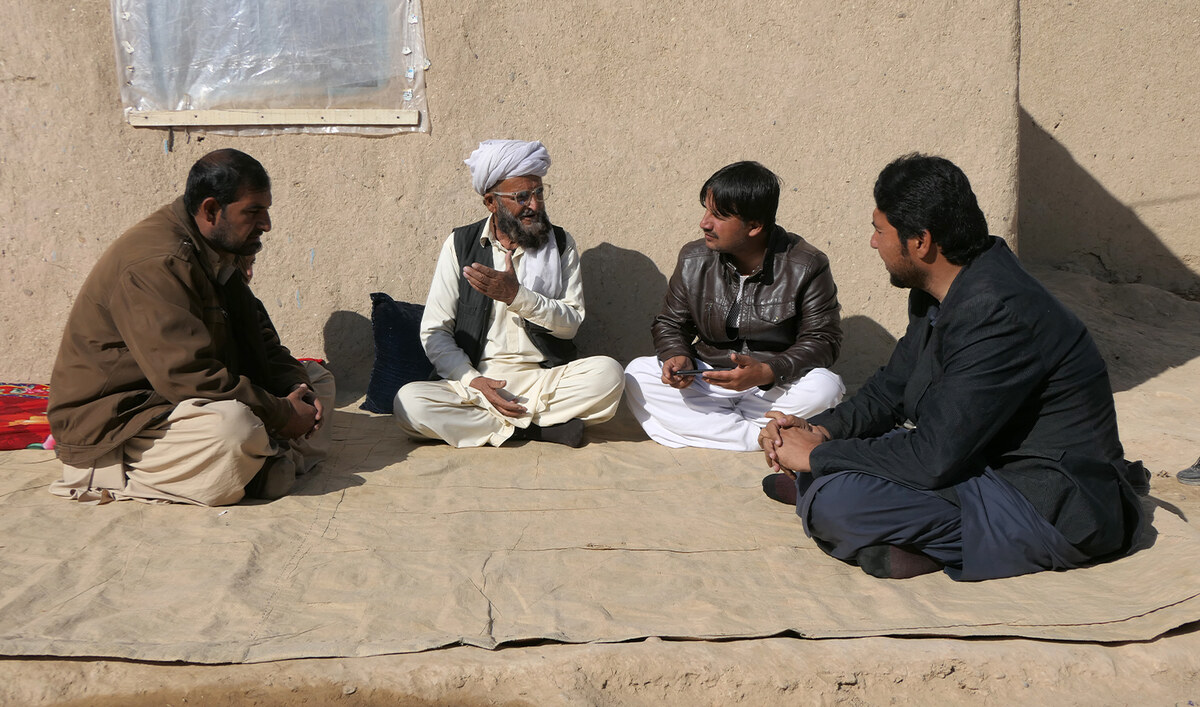ISLAMABAD: Prime Minister Shehbaz Sharif on Sunday arrived in the Saudi capital of Riyadh to attend an Arab-Islamic summit on the situation in Gaza and elsewhere in the Middle East, Sharif’s office said on Sunday, amid ongoing Israeli military campaigns in the region.
Saudi Arabia will host the extraordinary Arab–Islamic summit between the Arab League and the Organization of Islamic Cooperation (OIC) on Monday to address Israel’s bombardment and ground offensives in Gaza and Lebanon.
Upon arrival at the airport, Prince Mohammed bin Abdurrahman bin Abdulaziz, deputy governor of the Riyadh region, and Pakistani diplomatic officials in Saudi Arabia received the prime minister, according to Sharif’s office.
“Landed in Riyadh where I will join the leaders of the Muslim Ummah at the Joint Arab Islamic Summit being convened to discuss the rapidly deteriorating situation in Gaza and speak with one voice for the rights of the Palestinian people and reaffirm our collective call for regional peace,” Sharif said on X.
Sharif’s office earlier said the prime minister was also expected to meet with world leaders on the sidelines of the summit.
Since Oct 7, 2023 attacks by Hamas, Israel’s military campaign in Gaza has killed over 43,000 people and injured thousands more. Israeli strikes on Lebanon, Iran and Syria have also heightened fears of a wider war in the Middle East.
Muslim countries have called on Israel to announce an immediate ceasefire in the Middle East.
Monday’s summit in Riyadh will be a follow-up to the Joint Arab-Islamic Extraordinary Summit held in November 2023 in Riyadh, according to the Pakistani foreign ministry. PM Sharif will reiterate Pakistan’s full support to the Palestinian cause in his address with the gathering.
On Sunday, Pakistan’s Deputy Prime Minister and Foreign Minister, Ishaq Dar, attended a meeting of the OIC’s Council of Foreign Ministers (CFM) in Riyadh, wherein he called on the world to hold Israel accountable for its “war crimes” in Gaza.
“[Dar] expressed alarm at Israeli adventurism in the Middle East that is endangering peace and security in the region,” the Pakistani foreign ministry said in a statement. “[He] called on the international community to bring an end to Gaza genocide.”
Pakistan does not recognize nor have diplomatic relations with Israel and calls for an independent Palestinian state based on “internationally agreed parameters.”
The South Asian country has also dispatched more than 1,300 tons of relief goods for Gaza and Lebanon, besides establishing the ‘Prime Minister’s Relief Fund for Gaza and Lebanon’ that aims to collect public donations for the war-affected people.
Pakistan PM arrives in Riyadh to attend Arab-Islamic summit on Gaza, Middle East situation
https://arab.news/r555x
Pakistan PM arrives in Riyadh to attend Arab-Islamic summit on Gaza, Middle East situation

- Saudi Arabia is hosting the extraordinary summit to discuss Israeli military actions in Gaza and elsewhere in the Middle East
- Muslim countries have called on Israel to stop its military campaigns that have raised fears of a wider conflict in the region






















